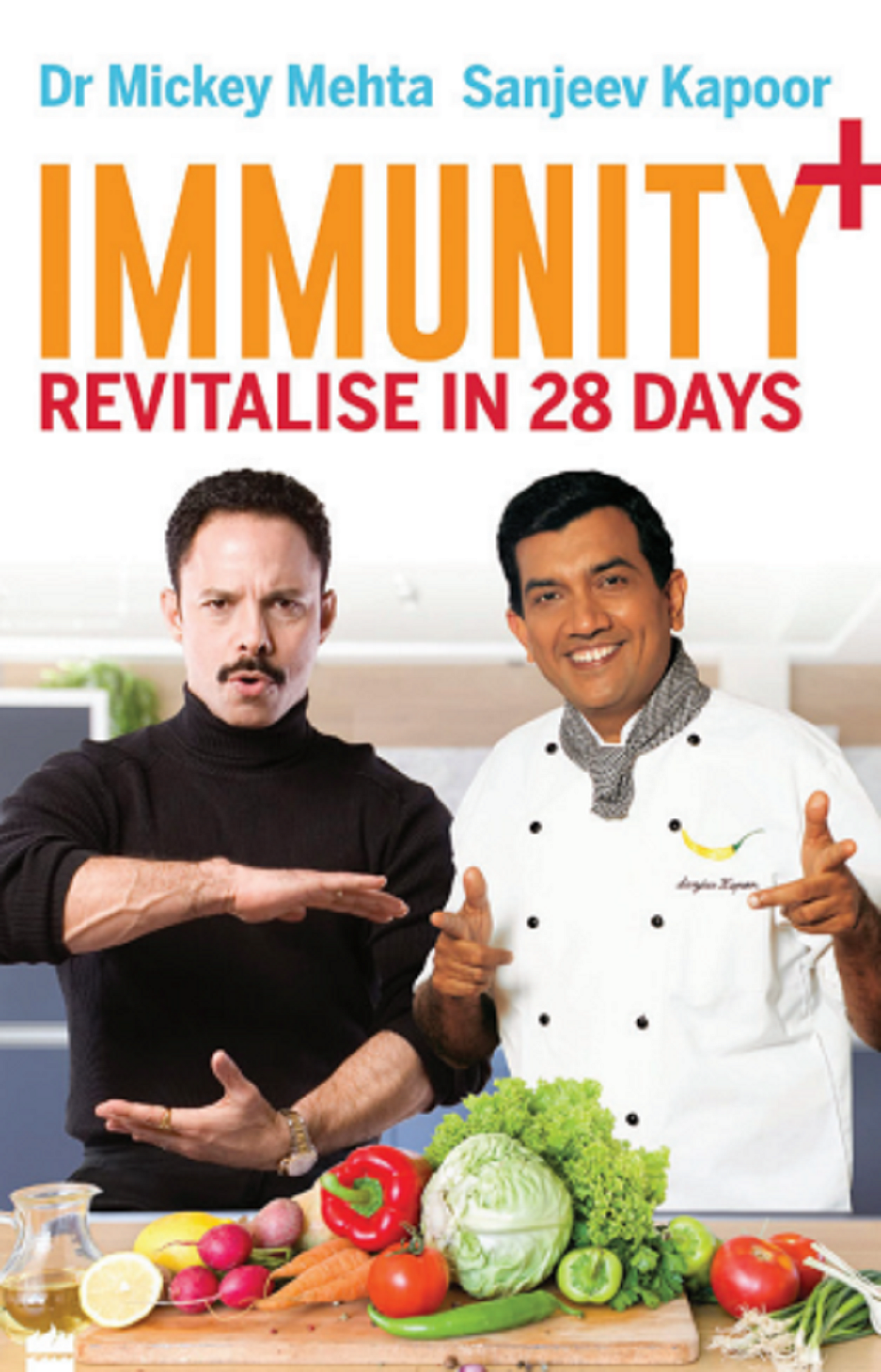Meditate to levitate
Focus your attention within. Breathe in deeply, exhale till the last of the breath leaves you, without making a noise. Every cell in your body is feeling lighter. You will feel tiredness leaving you

To maintain peace within and without, a simple meditation is very effective. This can be done in the morning for some time and in the evening, or at night before sleeping.
Each one of us is a soul, joyous and eternal. Attaining inner peace is everyone’s goal. It is not always that we live in a harmonious society. You have the outer environment which is the physical environment … sometimes noisy. The inner environment is of primary importance … it is one’s state of mind.
You may not be in a harmonious environment all the time. Your mind may be cluttered with not so-very nice thoughts. You could be stressed or anxious. But you can centre yourself by meditating or spending a few minutes a day in silence.
The choice of how you want to feel and be is in your hands.
Focus your attention within. Breathe in deeply and exhale till the last of the breath leaves you, without making a noise. Do this thrice or even more times. As you are breathing in and exhaling feel the peace travelling to all parts of your body. Every cell in your body is feeling lighter. You will feel the tiredness leaving you.
Once you feel at peace, we can meditate …
Technique
Sit in a posture appropriate for meditation. You may sit on a chair with your feet firmly planted on the floor, or you could sit cross-legged. Your palms can rest open on your lap, or right hand over your left.
Breathe in deeply, make sure you feel a tension in the muscles, hold your breath for about 10–20 seconds and exhale, pushing the air out with a ‘huh huh’. Do this 3-6 times.
Relax and feel your breath and the tingling sensation in your body. Close your eyes, fix the attention to the point between your eyebrows. This is the Christ Consciousness or Kutastha Chaitanya. (This is the projected consciousness of God immanent in all creation. It’s explained further in the section on the pineal gland.)
Dismiss all worldly thoughts. Let go of all restlessness. Go within. Concentrate on thoughts of peace and joy. Say to yourself: my inner voice guides me well. My body directs me to everything it requires to heal. And like I’ve said already, don’t forget to observe.
‘God is peace. I am his child. I am peace. God and I are one. Peace fills my heart, my body, my soul.
There is peace within and without.’
(An affirmation inspired by the sayings of Paramahansa Yogananda)
Meditation helps us tap into our inner voice which, in turn, impacts our physical wellbeing. When the body and mind are at rest, when you feel peace coursing through every part of your body, the feeling is magical. It elevates the soul and brings clarity of thought. All confusion is gone. Your vision, goal becomes clear.
You feel a surge of happiness because feel-good hormones (oxytocin) are released in your brain. This feeling of goodness naturally makes you feel confident. Your creativity starts flowing. In such a state of mind that is pure bliss, you can be more productive in all that you are doing and stay healthy and disease-free.
Conversely, stress and anxiety have an impact, too. Under duress, a person may resort to actions that s/he may regret later. Cortisol is a hormone released when one is stressed. Chronic stress can destroy healthy muscles and bones, and it stops the secretion of good hormones. That can cause anxiety and depression, high blood pressure, insomnia, etc. The list can go on. Fortunately, meditation and mindfulness help lower cortisol levels in the brain.
Hormones released during meditation
Melatonin: Also called the ‘sleep molecule’, it helps you fall asleep.
Serotonin: The ‘happy neurotransmitter’ that regulates our mood and contributes to our joyful state of mind. It helps in overcoming depression.
GABA: Deficiency of this ‘calm chemical’ can affect the body and create a lot of problems. The primary one is anxiety and nervousness, which of course leads to racing thoughts and sleepless nights. Imagine the consequences. Addiction to alcohol1, drugs2, caffeine and tobacco3 can be traced to low GABA levels.
DHEA: This is called the ‘longevity molecule’ as it slows down ageing. It also counters stress. As we grow older, this hormone is depleted in our body, causing the onset of ageing and vulnerability to diseases. Meditation helps increase this hormone. Hence, it is said there is a ‘fountain of youth’ within us that can be found through meditation.
Endorphins: The ‘natural high’ hormone. Leaves you feeling happy and blissful. Runners and people who exercise regularly (maybe an hour a day) always feel marvellous later. Runner’s high is the coinage to describe how you feel after a good run.
Mindfulness Meditation
Mindfulness is about focusing on the NOW. We get caught up in various thoughts during the day. Sometimes they become intrusive and fatigue us. Other times, they are judgmental and leave us feeling angry and depleted.
(This was first published in National Herald on Sunday)
Also Read: Must read books written by Indian authors
Follow us on: Facebook, Twitter, Google News, Instagram
Join our official telegram channel (@nationalherald) and stay updated with the latest headlines
